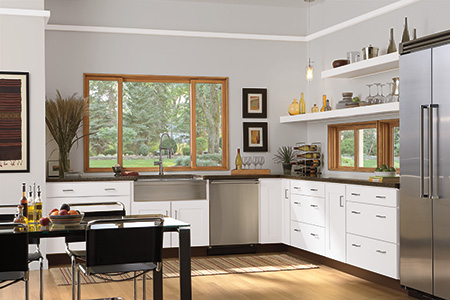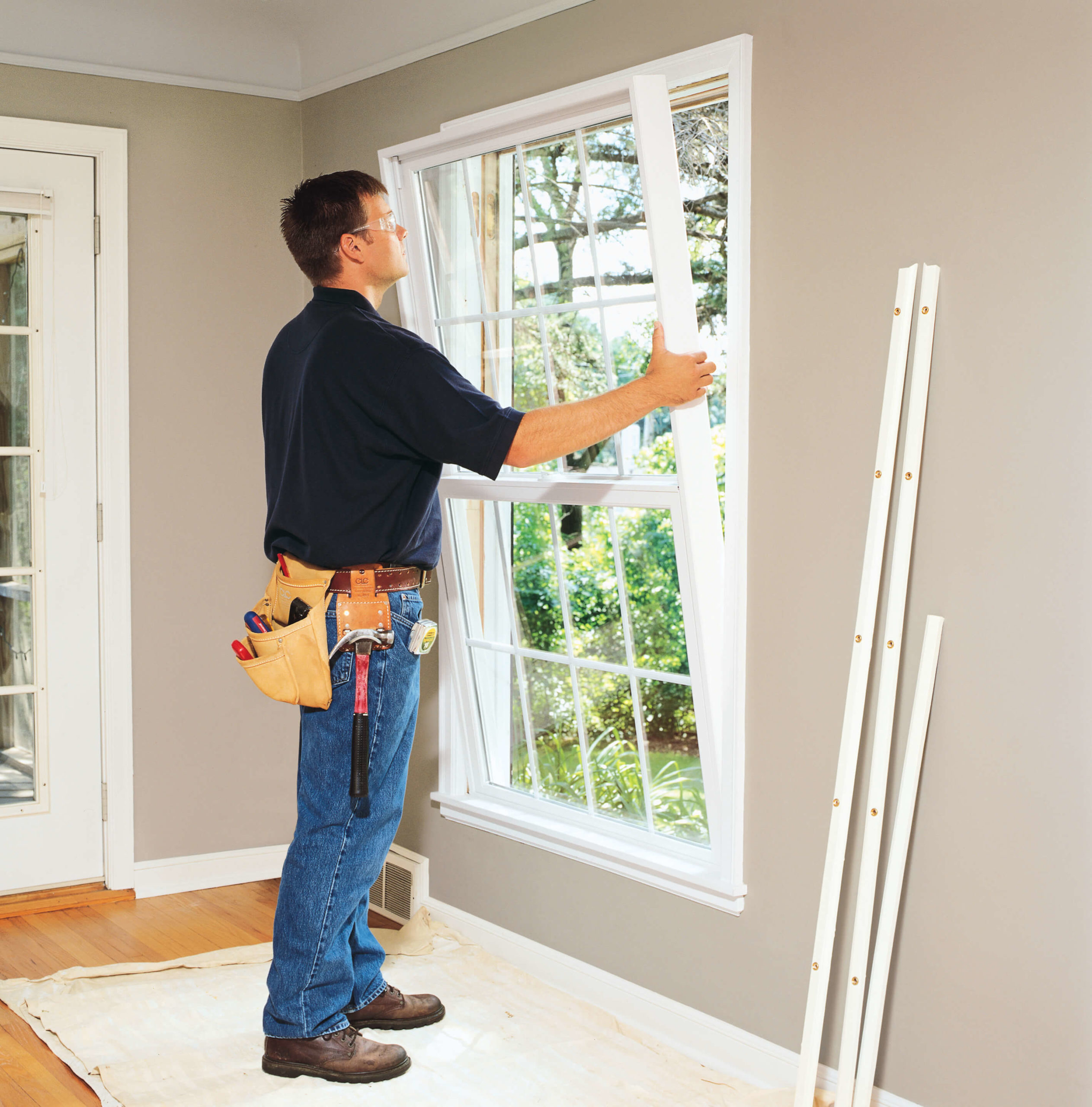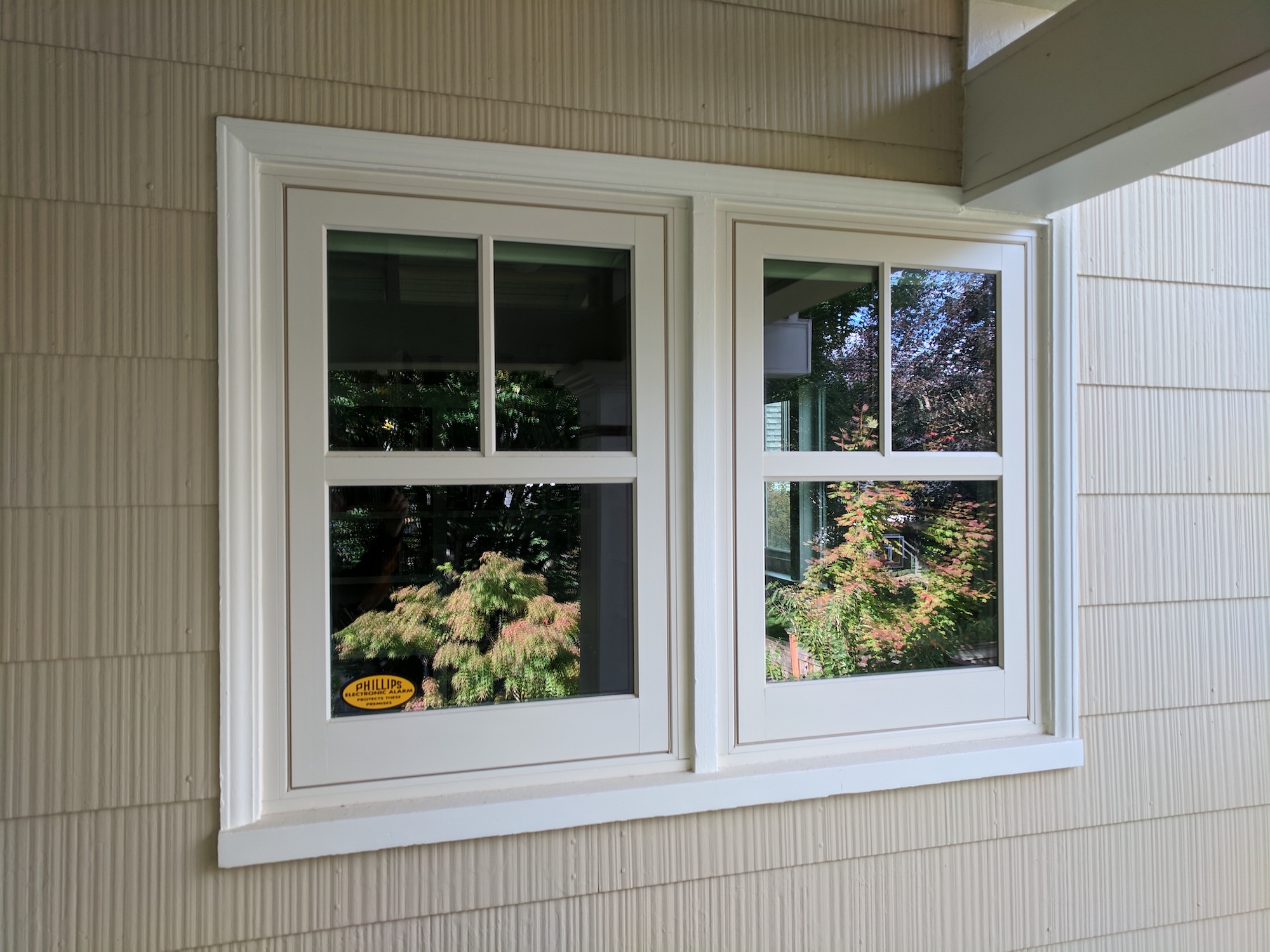Jersey Village Window Replacement: Enhance Your Home's Value
Jersey Village Window Replacement: Enhance Your Home's Value
Blog Article
Upgrade Your Home With Energy-Efficient Home Window Replacements
In the realm of home improvement, the choice to update to energy-efficient home window replacements can dramatically impact both the capability and looks of a home (Houston window replacement). As home owners seek ways to improve the efficiency and sustainability of their living rooms, the option of home windows plays a crucial duty in attaining these goals. Past the surface area level of simple appearances, energy-efficient windows use a plethora of advantages that surpass plain curb allure. With a cautious selection procedure that considers different aspects, from glass types to setup techniques, starting this home upgrade journey could verify to be a transformative undertaking.
Benefits of Energy-Efficient Windows

The setup of energy-efficient windows supplies significant cost savings on utility costs while improving ecological sustainability. Energy-efficient windows are created to minimize warm loss and gain, minimizing the demand for heating and cooling down systems to burn the midnight oil. By successfully shielding the home, these windows help preserve a comfy indoor temperature level year-round, leading to lower power consumption and reduced utility costs. In addition, energy-efficient home windows can assist regulate wetness degrees within the home, minimizing the risk of mold and mildew development.
Beyond the monetary benefits, energy-efficient home windows add to environmental sustainability by lowering carbon emissions related to energy manufacturing. By reducing power usage, these home windows aid mitigate the ecological effect of cooling, illumination, and home heating domestic spaces. This decrease in power usage plays a crucial duty in combating environment modification and promoting a greener future for generations ahead. Generally, spending in energy-efficient windows not just boosts the convenience and performance of a home yet also aligns with ecologically conscious methods.
Kinds Of Energy-Efficient Glass
Various innovative kinds of energy-efficient glass deal one-of-a-kind residential properties that cater to various requirements and choices in enhancing the sustainability and performance of buildings. Low-emissivity (Low-E) glass is a popular option designed to minimize the amount of ultraviolet and infrared light that can pass through the glass, thereby lowering warm transfer. This sort of glass assists keep a constant indoor temperature level, reducing the demand for heating or cooling down systems, and inevitably reducing energy expenses. Another cutting-edge choice is spectrally discerning glass, which allows visible light to go through while blocking specific kinds of infrared radiation. This helps in maintaining a comfy indoor setting while lessening warmth gain. Triple-pane glass, containing 3 layers of glass with shielding gas in between them, offers improved thermal insulation, making it extremely energy-efficient. Additionally, self-cleaning glass with an unique finishing that breaks down and loosens up dust when exposed to sunlight can minimize maintenance needs and maintain home windows looking tidy. Each sort of energy-efficient glass uses distinctive benefits, enabling homeowners to pick one of the most ideal alternative based on their specific demands and objectives.
Elements to Take Into Consideration When Picking
When pondering energy-efficient window substitutes, it is important to thoroughly evaluate details aspects that align with your sustainability objectives and wanted power cost savings. One vital aspect to think about is the home window's energy performance rankings, such as the U-factor and Solar Heat Gain Coefficient (SHGC) The U-factor actions how well the home window shields, with lower numbers suggesting much better insulation, while the SHGC indicates the window's capacity to obstruct warm from sunshine. Furthermore, the window framework product plays a considerable function in energy performance. Products like fiberglass, vinyl, or timber with thermal breaks are excellent options for decreasing heat transfer. One more crucial consideration is the home window style and alignment worrying sunshine direct exposure. Selecting the right home window design and tactically positioning them can maximize you could check here all-natural light while decreasing warmth gain or loss. Lastly, installation top quality is vital to making sure the windows execute as intended. Correct setup helps stop air leak, making sure ideal energy effectiveness. By thoroughly examining these aspects, you can pick energy-efficient home windows that enhance convenience, lower power prices, and benefit the environment.
Installment and Upkeep Tips

Normal upkeep is vital to preserving the effectiveness of your energy-efficient windows. Evaluate the windows periodically for any type of signs of wear, damages, or sealer wear and tear. Tidy the frames, tracks, and glass routinely using moderate soap and water to eliminate dust and grime that can affect efficiency. Inspect the weather-stripping and seals for any kind of spaces or splits and change them if required to maintain the home windows' energy performance.
On top of that, lube relocating parts such as hinges and locks to make certain smooth procedure. By adhering to these setup and upkeep tips, you can improve the power efficiency of your home and extend the life expectancy of your energy-efficient home windows.
Cost-Benefit Evaluation of Updating

Energy-efficient windows are designed to minimize heat transfer, lowering the demand for heating and cooling down systems to work overtime. This can bring about substantial financial savings on energy costs, specifically in regions with extreme temperatures. In addition, energy-efficient home windows can improve the total value of your home, making it more appealing to prospective purchasers if you decide to market in the future.
When computing the cost-benefit analysis, consider the potential savings on power costs, any type of available motivations or rebates, and the life expectancy of the windows. While the first price might be greater, the lasting cost savings and benefits of energy-efficient home windows make them a smart investment for homeowners seeking to boost see page their residential or commercial property's energy effectiveness and value.

Verdict
Finally, upgrading to energy-efficient window replacements offers many advantages such as decreased energy consumption, boosted convenience, and cost savings. By selecting the appropriate kind of energy-efficient glass and considering aspects like structure product and setup, home owners can maximize the performance of their windows. Normal upkeep and appropriate installment are necessary for lasting performance. On the whole, the cost-benefit analysis of upgrading to energy-efficient home windows shows their website that the first financial investment can result in considerable cost savings in the long run.
When pondering energy-efficient window substitutes, it is crucial to carefully assess details elements that straighten with your sustainability goals and wanted energy cost savings. The U-factor steps exactly how well the window protects, with reduced numbers indicating better insulation, while the SHGC shows the home window's capability to block warmth from sunlight. By very carefully evaluating these aspects, you can pick energy-efficient windows that boost convenience, lower energy costs, and profit the setting.
While energy-efficient windows may have a higher in advance expense compared to standard windows, the long-lasting benefits typically exceed the preliminary investment.In final thought, upgrading to energy-efficient home window substitutes uses countless benefits such as reduced power usage, raised convenience, and expense savings.
Report this page